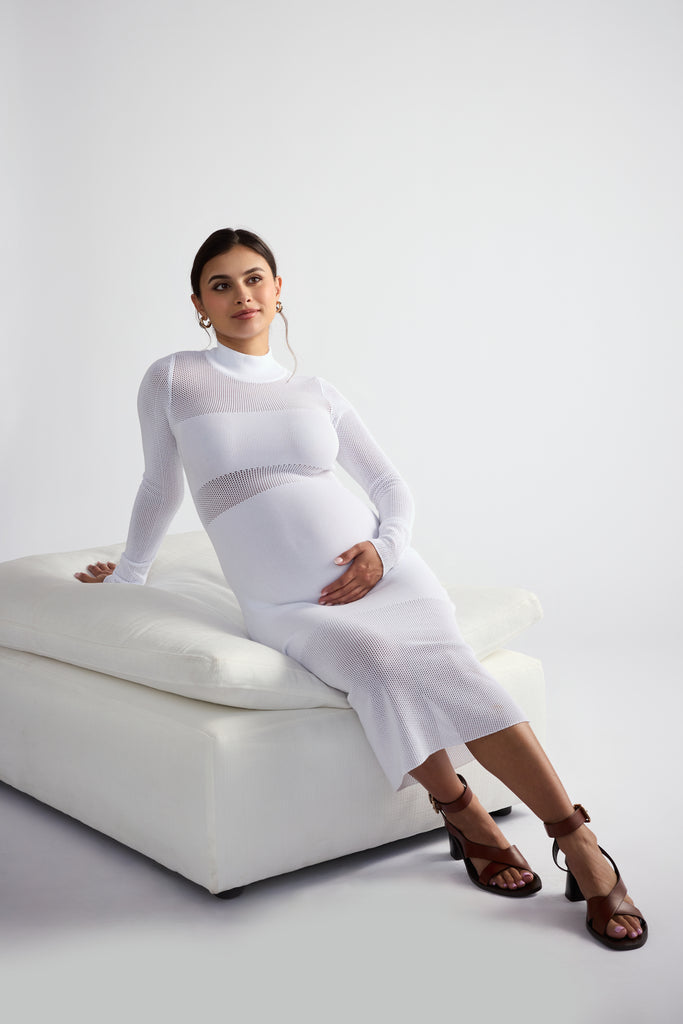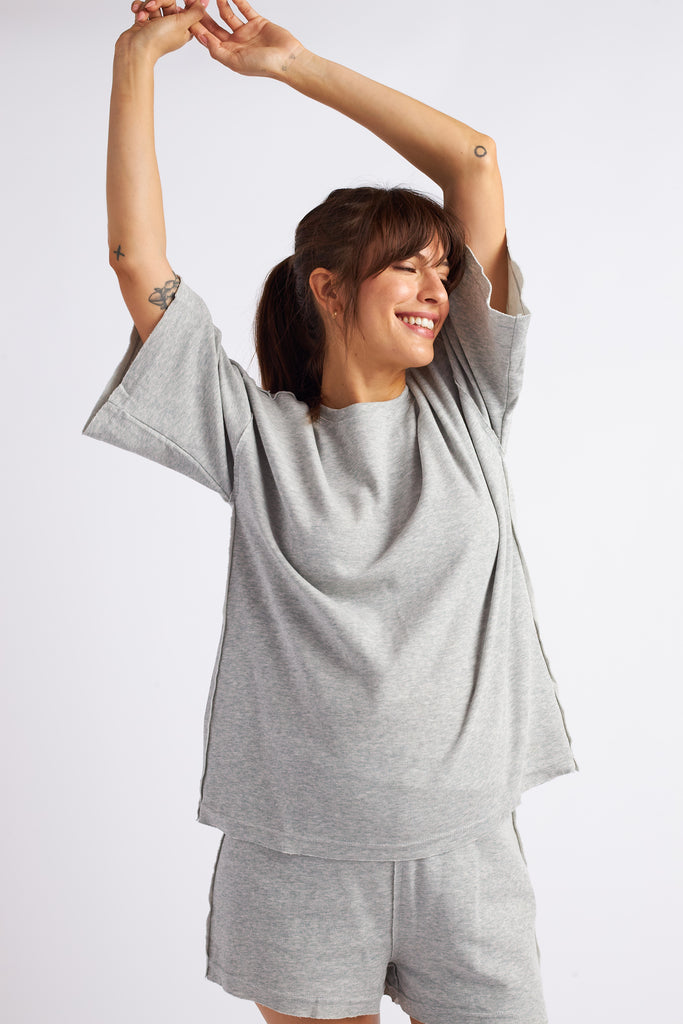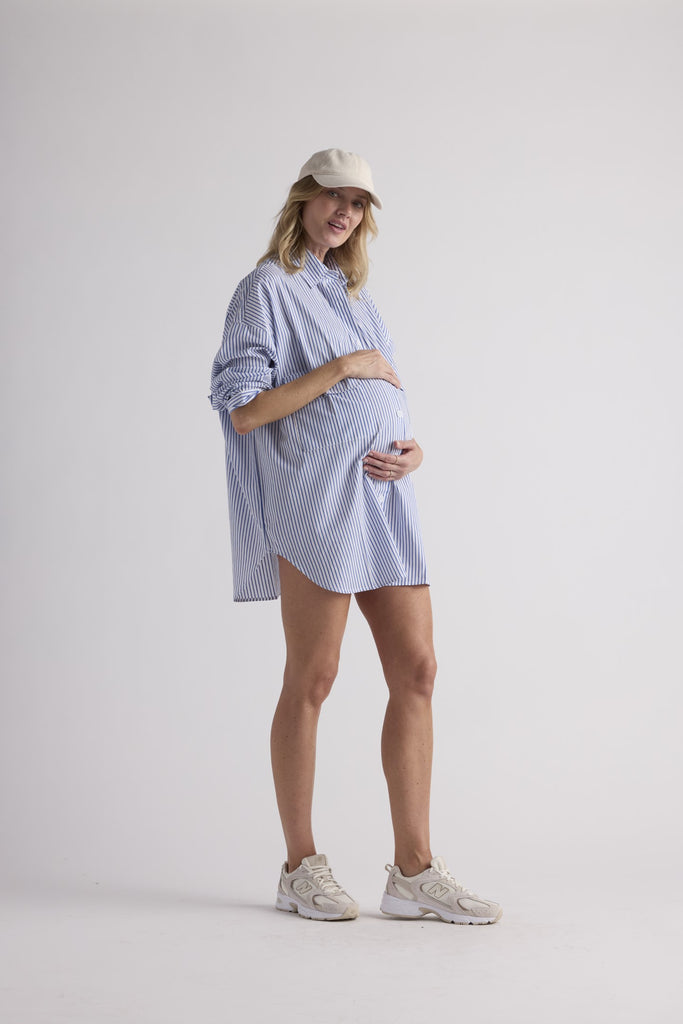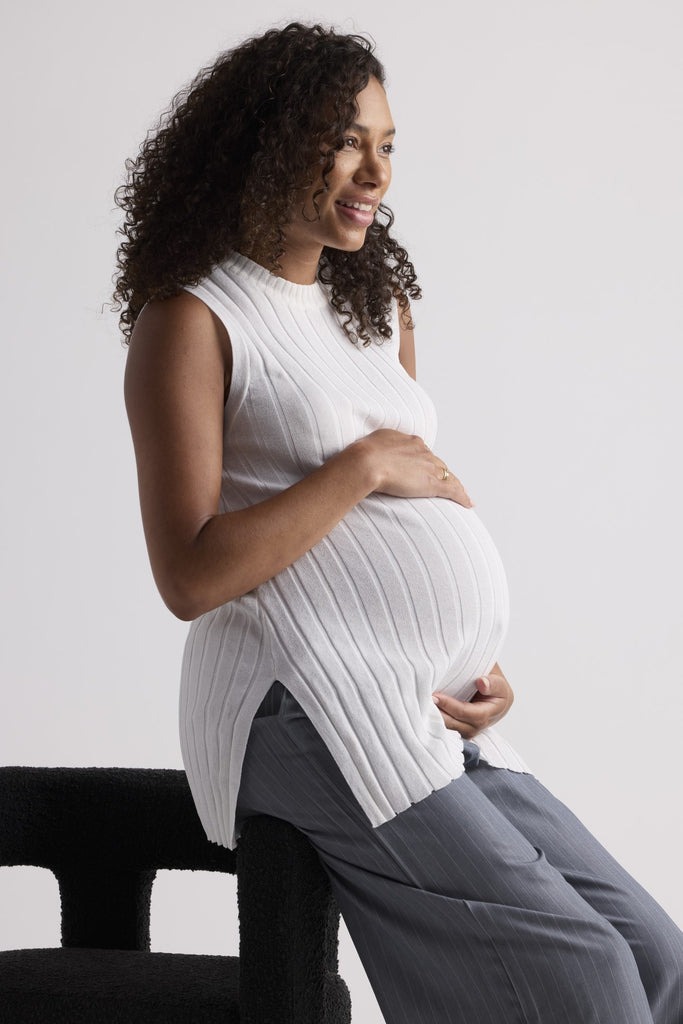
Roadmap to Juggling Pregnancy and Potty Training Your Toddler
Embarking on the journey of motherhood brings a mix of emotions. From feeling overwhelmed to experiencing the joy of raising a child. For to-be moms getting ready for the arrival of a baby while also taking care of a toddler still in diapers can feel like a massive undertaking. Potty training during pregnancy may seem like a task. With careful planning and organization, it’s an achievable goal that can ease stress and foster independence for your little one. This blog offers a roadmap on how to prepare for potty training while also expecting a new little one - ensuring both you and your child are well-equipped for this next phase.
When Is It Time To Potty Train?
The first essential step for any mom gearing up for training is recognizing the time to begin. It's crucial to assess whether your child is displaying signs of readiness rather than solely focusing on your pregnancy timeline. You should consider potty training starting when your child is physically prepared and showing signs they want to potty train which will be between 18 months to 3 years old.
As you notice these signs indicating readiness gently introduce the concept into routines. Talk about introducing the potty during diaper changes, reading fun books on training, and encouraging your child to observe and learn from how the family uses the bathroom. Even if this means having to carefully pull up your cute maternity dress and go to the restroom with your toddler in there. This gradual approach can help make the switch from diapers feel less daunting.
Planning For Potty Training
It's helpful to plan out a timeline. Consider your upcoming appointments for prenatal care or any changes in your routine - aim for a period when you have support and things are relatively calm. Experts often recommend avoiding life changes such as moving houses or welcoming a sibling during the challenging phases of potty training to ensure consistent learning experiences for your child with minimal disruptions.
Important Things Needed for Potty Training
Children cannot automatically go on the adult toilet, therefore you must be prepared when beginning this process. Preparing all the supplies in advance can simplify the training process. Items needed for potty training are:
- A child-sized potty chair or a seat adapter
- Training pants or pull-ups
- Easy to remove clothing in sets
- Step stools for reaching the toilet and sink
- Wet wipes and toilet paper
- Hand soap
To create a cozy environment for training, involve your child in choosing their own potty chair and related accessories. This level of participation can build excitement and make them feel more in control of the process.
Establish and Stick to a Routine
As you begin this journey, you want to make sure that you start with a schedule. You want to establish a strict routine where you are able to remind your little one to use the toilet at certain times of the day. Think about encouraging them to use the toilet when they wake up, after meals, or right before bed.
Be Understanding With Your Toddler
As a mother, it's crucial to maintain a patient attitude. Expect that there will be accidents and setbacks during training; responding with calmness and reassurance is more effective than frustration or discipline. You should be prepared to have extra maternity clothes on hand in case things get messy.
Celebrate achievements with praise, cuddles, or small rewards to boost confidence and reinforce behavior. Offering encouragement and consistent recognition of progress can turn training into a pleasant and less stressful journey for both you and your child.
Mental Health and Emotional Support
Starting potty training while you are pregnant is challenging. You want to make sure that you keep your own emotional well-being top of mind for your whole family’s sake. Don’t overwhelm yourself with too many sessions, think about when you go and try to get your toddler to do the same. Always reach out to your support network when needed as well.
Emotional Well-Being and Support for Your Toddler
Emotional health of your little one is key during this time of training. It can be a difficult process for both you and your toddler especially when you are an expecting mother. You want to ensure you are spending quality time with your little one as they might want more attention since you are now pregnant. There are ups and downs with potty training therefore, try to approach it positively and don’t get frustrated when things go wrong.
It's important to be observant and flexible. Children vary in their responses to training. There is no one-size-fits-all approach. Monitor how your child reacts to the training routine and be ready to modify it if they show resistance or signs of stress. If the process becomes consistently challenging consider taking a break and trying again later when your child may be more open to it.
Pursue Professional Support
Don't hesitate to seek support, from psychology groups whether through platforms or local meetings. When you're expecting a baby it can be really helpful to get advice and tips from family or friends who have experience with training. Your pediatrician can also give you personalized guidance based on your child’s needs and stage of development.
Creating a Comfortable Environment
Creating an atmosphere at home is key to potty training. It's important for everyone in the family to follow the methods to avoid confusion and keep things consistent. This teamwork helps create a learning environment and encourages the behaviors you want to see.
Concur Potty Training Your Toddler
Managing both training a toddler and preparing for a baby takes some careful planning but it’s doable and can benefit your growing family in the long run. Potty training during pregnancy gives your child independence, saves money on diapers, reduces environmental impact, and promotes significant development.
To coordinate training while pregnant effectively it's essential to recognize when your child is ready, gather the necessary supplies, establish a regular routine, stay positive and patient, and adjust your schedules to handle both pregnancy and training demands. With preparation, supportive surroundings, and flexibility in your approach, potty training can go from being stressful to becoming a journey for both you and your toddler. In the end, this marks the beginning of achievements to come, paving the way for increased autonomy and development in your child. Once you have completed potty training, reward yourself with that beautiful maternity dress you have been wanting.





